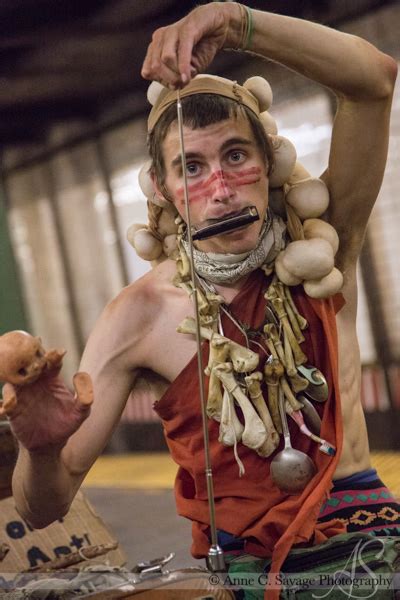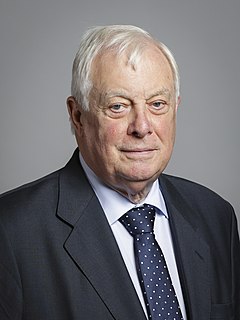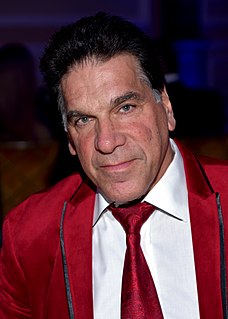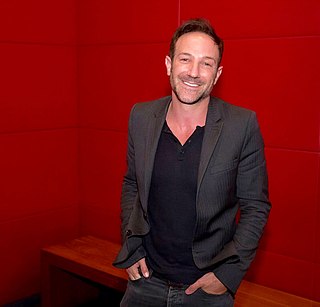A Quote by Kurt Russell
Society questions the police and their methods, and the police say, Do you want the criminals off the street or not?
Related Quotes
The abhorrence of society to the use of involuntary confessions does not turn alone on their inherent untrustworthiness. It also turns on the deep-rooted feeling that the police must obey the law while enforcing the law; that, in the end, life and liberty can be as much endangered from illegal methods used to convict those thought to be criminals as from the actual criminals themselves.
I'm interested in confronting police brutality and police abuse of cracking down on street performers and street artists, but also in valorizing street art as legitimate performance within the artistic sphere, where it's so often conflated with pan-handling and begging and not "successful" art. I want to change laws around street performance.
Let's say you are driving in the U.K., and you are pulled over by the police for speeding, and you try to bribe the police officer with £300 to walk away. I guarantee you that at least 99 times out of 100 you are going end up in handcuffs, and you will be charged with the crime of trying to bribe a police officer.



































